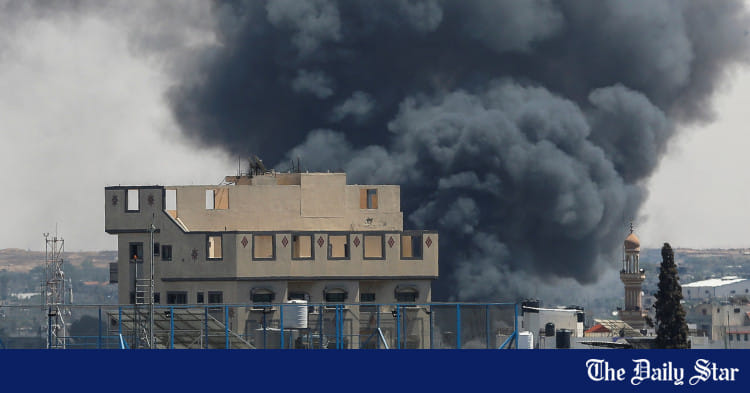D
Deleted due to Error (Muji Iqbal)
Saudi Arabia will do what is in its national interests. They also know two state solution is the only answer to the problem.Bangladesh has been pushing for two state solution based on 1967 border by discussing it with United Nation's big players already. Bangladesh has been giving diplomatic support to Palestinian authority to the fullest extent. But Saudi Arabia's dubious role in Palestinian issue is a cause of concern for Palestinians.










